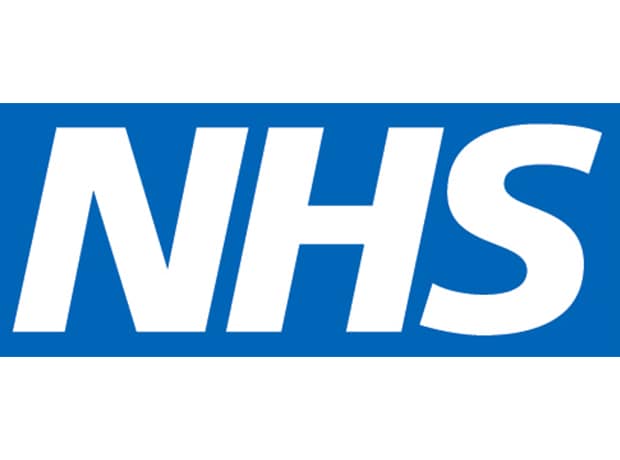As of this morning – Friday May 15 – the current recorded case count for COVID-19 (coronavirus) in the UK has hit 233,151 with 33,614 deaths.
NHS England and NHS Improvement have issued a new roadmap for urgent and planned services, unveiling a series of measures designed to help local hospitals begin to increase routine operations and treatment.
Driven by advice from experts that the rate of new novel coronavirus infections has passed its peak, patients who need important planned procedures – including surgery – will begin to be scheduled for that care over the coming weeks, with specialists prioritising those with the most urgent clinical need.
In line with measures currently in place to protect staff and patients who have been receiving urgent treatment during the pandemic, they will be required to isolate themselves for 14 days and be clear of any symptoms before being admitted.
NHS England also said testing will be increasingly offered to those waiting to be admitted to provide further certainty for patients and staff that they are not infected with the virus.
Under the plans, as many outpatient appointments as possible will be conducted remotely, and those who do need a face to face consultation will be asked not to attend if they have COVID symptoms.
People requiring a long hospital stay will be ‘continuously monitored for symptoms and re-tested between five and seven days after admission’, while those due for discharge to a care home will be tested up to 48 hours before they are due to leave.
“Now that we are confident that we have passed the first peak of coronavirus, it is important that we bring back those services where we can, but only where that can be done safely – the virus is still circulating and we don’t want to put our patients, the public or our staff at greater risk,” said NHS national medical director, Professor Stephen Powis.
In response to the plans, Niall Dickson, chief executive of the NHS Confederation, said: “There is a hard road ahead for both the NHS and the whole care system. We do need to get the message out that the NHS is there for patients and those who rely on social care and that every service will do everything it can to keep them safe.
“In return, it is right that we should ask patients to play their part by self-isolating ahead of routine hospital procedures. We are heading into a ‘new normal’ – and that means maintaining distance when attending emergency departments and any other ‘walk in’ service.
“Everyone in health and care wants to reduce transmission and only by doing that will we be able to tackle the growing waiting lists and other hidden demand that have built up over the last several weeks.”
WASH YOUR HANDS:
Regularly and thoroughly clean your hands with an alcohol-based hand rub or wash them with soap and water.
MAINTAIN SOCIAL DISTANCING:
Maintain at least two metres (six feet) distance between yourself and anyone who is coughing or sneezing.
STAY AT HOME:
Only go outside for food, health reasons or work (but only if you cannot work from home).










